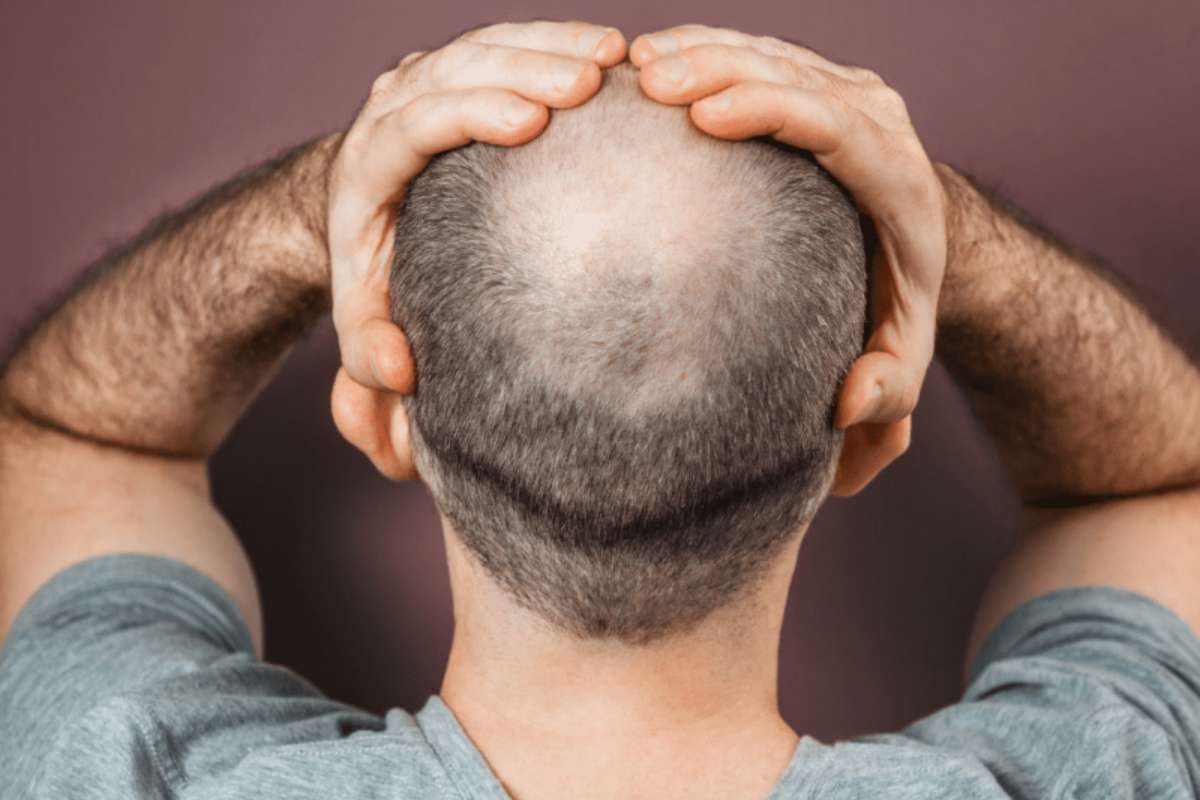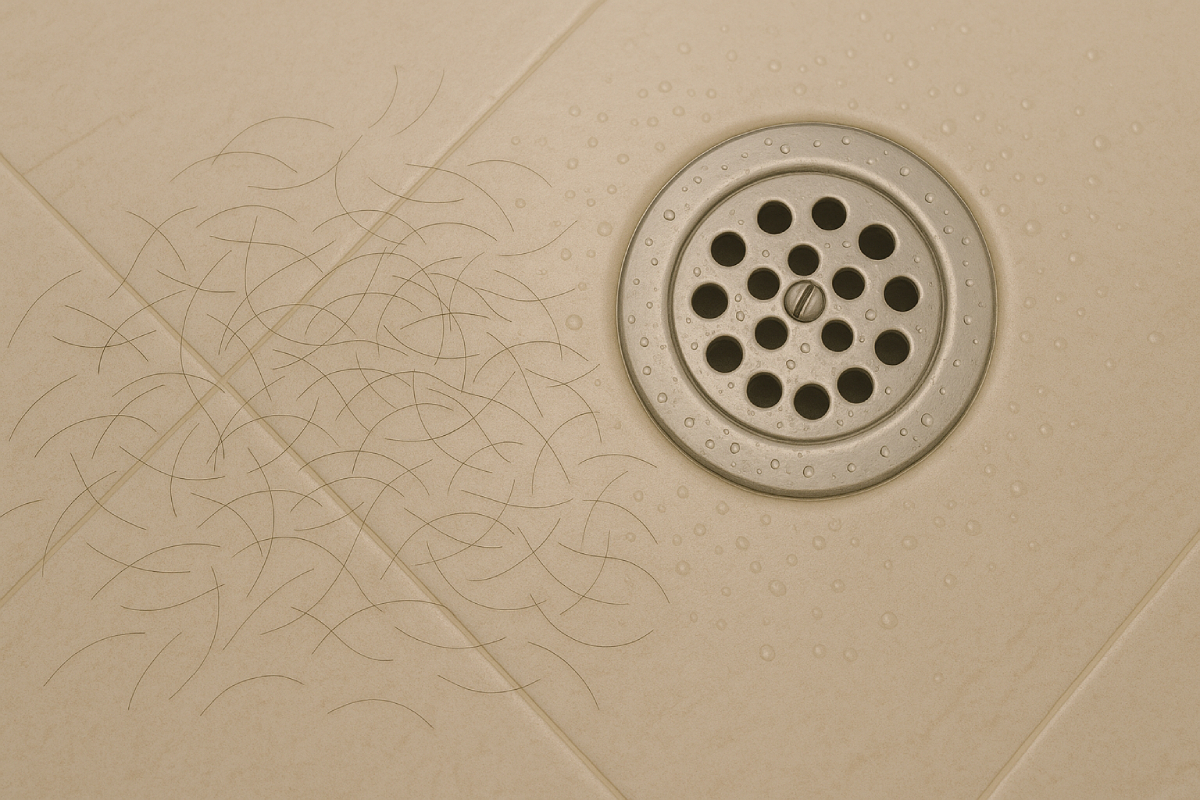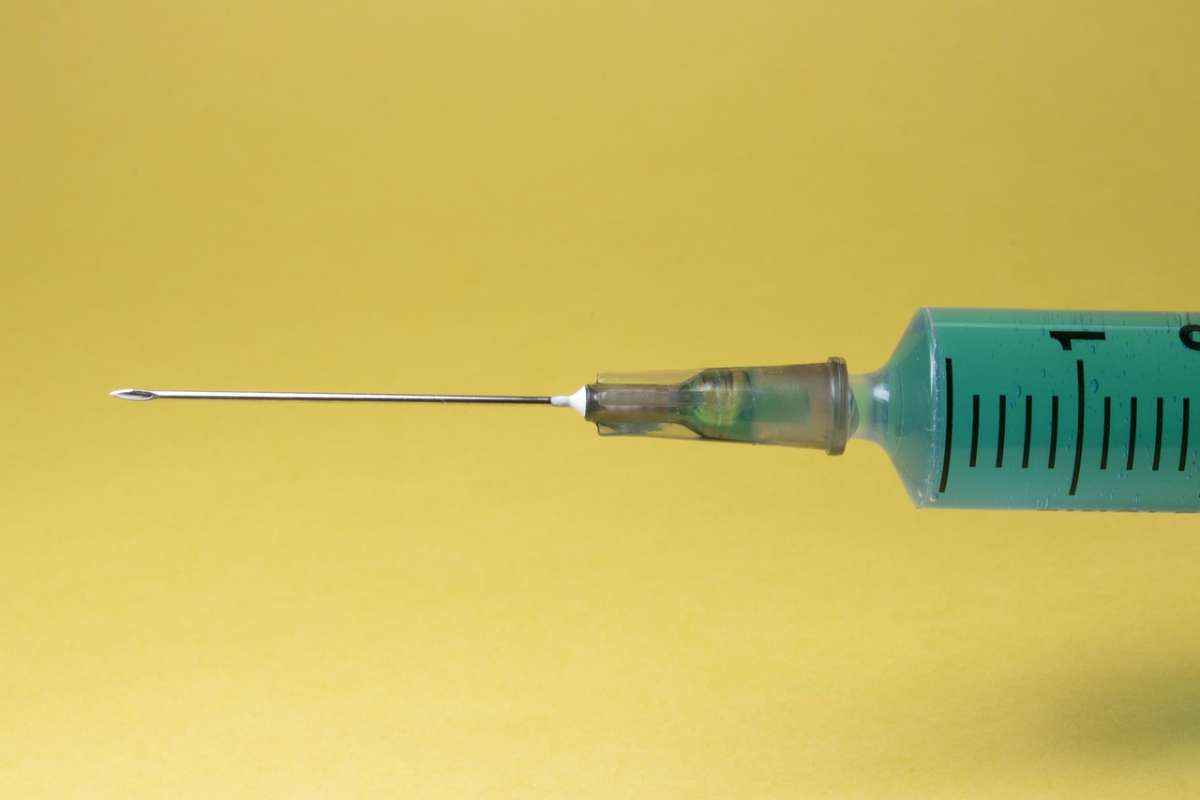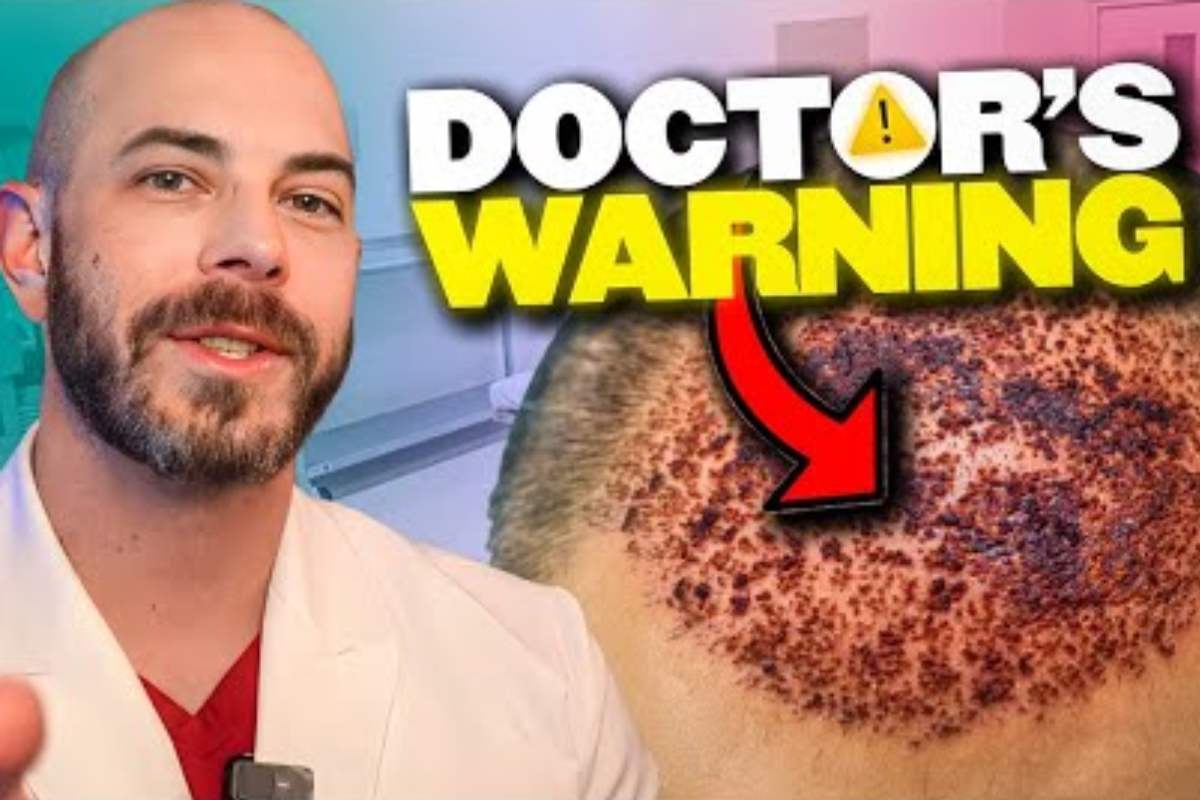The one thing every person wants to know about their hair loss is, why did this happen? Was it something that could have been prevented? Is it something that can be reversed? Or was it something I had no control over?
The reason behind hair loss isn’t always an easy answer. In most cases we can attribute the loss of hair in adults to genetics and aging, but that’s not always the case. We’ve talked a lot about different causes of hair loss throughout our website and while genetics is the number 1 cause of hair loss overall, there are several other factors that can cause hair loss.
Illness, medication, stress, hairstyles, and even childbirth can all be causes of temporary hair loss, but what about obesity or being overweight?
Can Being Overweight Contribute to Hair Loss?
Not a lot has been known about obesity in hair loss, but a recent study has shined some light on a possible connection.
It had been thought that obesity in and of itself did not cause hair loss, however some of the things that go along with being obese have shown signs of affecting hair growth.
Being obese can come with a myriad of various other health issues, unhealthy lifestyle choices and underlying diseases that could be affecting hair loss without the actual obesity being the cause.
Lack of exercise can lead to a decrease in blood flow to body which includes the skin and scalp. Less blood blood means less oxygen and less nutrients which could inhibit hair growth. If you combine a sedentary lifestyle, a.k.a couch potato, with a high fat diet of junk food and fast food, and you may have a vitamin deficiency that could be resulting in hair thinning or hair loss. Amino Acids, vitamins B, C, D and zinc are all examples of nutrients that are extremely important when it comes to strong healthy hair. By overdoing your diet with foods that are low in nutritional value, you could be missing the right amounts of vitamins your body needs.
In addition to a lack of vitamins entering your system, you could have a hormone imbalance that may be causing issues with your weight that could also be affecting your scalp. Adipose tissue (fat cells) actually makes more estrogen so carrying extra fat could lead to an imbalance of estrogen and testosterone which may impact your hair loss as well. In addition, low testosterone levels have caused many men to look to Hormone/Testosterone Replacement Therapy (HRT or TRT) but this also drives up the circulating DHT levels in the body. Male Patten Hair Loss is well known to worsen with spikes of DHT so the genetic or age related hair loss might start earlier than it would otherwise.
Obesity can also trigger mental health issues, which in turn can lead to rising stress levels. Cortisol is the main stress hormone and this drives up inflammation in the body along with insulin. With rising insulin, your blood sugar goes up which can worsen diabetes. Cortisol will also cause your arteries to constrict with causes blood pressure to go up. On top of all that, medications to treat depression, anxiety, diabetes and hypertension can also lead to hair loss. You can see how obesity can be the trigger of a vicious cycle on your hair and overall health!
So while it was believed, not that long ago, that obesity itself doesn’t lead to hair loss, but rather it’s the health effects on your body due to obesity, recent studies have helped solidify those facts.
Hair Follicle Stem Cells Causing Hair Loss in Obese Individuals
A new study from June of 2021 has stated that high fat diets, which cause a person to become obese, may have a direct correlation to hair loss or hair thinning.
In this study, mice were fed high fat diets which led to increased free radicals and a decrease in hair follicle stem cells (HFSCs). With fewer stem cells, hair will eventually fail to renew itself after its normal shedding phase. HFSCs serve as the reservoir to renew every follicle during its life and help to replenish the cells that create a new growing hair that matures and eventually sheds again. Free radicals are a key component in inflammation and aging in the body. They break down tissue and cause harm to our internal organs. In this case, the harm was to HFSCs or in other words, the damaged organ was the hair follicles. By consuming foods that are high in fat, which are also associated with obesity, you are depleting these HFSCs’ which can interrupt this complex system of regrowing the hair.
There are many outside influences that can affect how your hair grows and while obesity itself may not be the cause of your thinning hair, the unhealthy lifestyle choices and health issues that come along with obesity could also be influencing how your hair grows.
When it comes to obesity and hair loss, we highly recommend getting to the root cause of your obesity before focusing on the hair loss. While the underlying health issues related to obesity can cause your hair to start thinning, the other effects- like diabetes and high blood pressure, can be far more detrimental.
Ensuring that you are getting the proper nutrients in your diet, exercising regularly, and striving for a healthy weight will improve your chances of naturally reducing your thinning hair, while also making you feel better in general.
Our patient’s health is our number one concern. If you’re still suffering from hair loss after working on the underlying causes of your obesity, then we would love to help you get back the hair you have lost.







